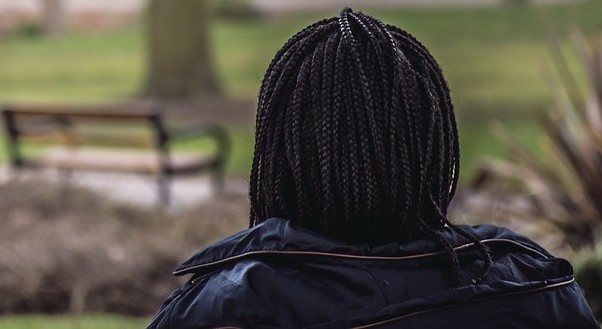
Zena
“Zena”, a woman Ruhama has supported, tells her story – from being trafficked into Ireland to moving into a new...
read more
“Zena”, a woman Ruhama has supported, tells her story – from being trafficked into Ireland to moving into a new home in time for Christmas.
Zena lived in West Africa. There was a woman who lived locally that everyone knew could help someone get to Europe. The woman approached Zena and told her that if she went to Europe she could work and earn very good money. Zena arrived in Italy in 2005. After two days her documents were taken and she was told she would have to make money through prostitution. Over the next four years, Zena was the victim of continuous sexual, physical and psychological violence. In 2009 she was trafficked into Ireland, where she was forced to continue in prostitution in the Irish sex trade.
In 2010 Zena managed to escape while she was six months pregnant. She gave statements to the police about what happened to her in Italy and Ireland. She applied for asylum in Ireland because she wanted to be safe. Zena gave birth to a boy, and later married and had another little boy. Zena and her family lived in one room for three years in a Direct Provision hostel. Zena was very grateful for this accommodation because she says that Ireland “took care of her,” gave her a roof over her head and food three times a day; “people in my country don’t come to help people – not in the way that Irish people care for people.”
However, Zena says that living in only one room in a hostel with your family is very difficult. She worried all the time that she would be deported to Italy. Other people living the hostel would be woken during the early hours and deported, so she never had any peace. The food in the hostel was not nice and hard on her stomach but she was still glad to have it. She used to get up in the middle of the night and do the family laundry because otherwise there was a long queue to use facilities during the day. Zena says the worst thing about the hostel is that you can’t ever really sleep because people would stand in the corridor talking and you couldn’t ask them to move – “it was not my corridor.” While she tried to get on with everyone, there were always people fighting over something – “I was thinking all the time, I had a pain in my head, no freedom, no peace, someone always telling you what to do and when to do it – I could never plan.”
Then, in March 2015, Zena was given permission to stay in Ireland. Because of the lack of housing, it took nine months before she found an apartment to rent. Just before this Christmas, Zena moved into a two bedroom apartment with her husband and two children, with the help of Ruhama’s Housing and Welfare Officer. Zena says things are lovely now, she gets to control her own money, she can learn how to save and how to economise and budget for things. Zena loves cooking in her new home, and is delighted that she can make her children a snack when they want one, and does not have to say ‘no’ to them all the time. For the first time she and her husband can have real intimacy – “a proper loving relationship”. Her husband helps with everything now, as this was impossible before. There is a separate space so the children can do homework and they love having their own space, just like the other children in their school.
The best thing Zena feels is that she and her family are in a safe place at last, and they want to give something back. Her husband has just been given permission to stay so he will be able to look for work. Zena feels it is important to “support the community, to contribute to the taxes, pay insurance and road tax so you give to the economy of the country.” Zena says that it is lovely to finally have a plan.
(This is published with the permission of Ruhama www.ruhama.ie)